While we often think of our feline friends as independent and savvy, the UK is home to various threats that can endanger your cat’s safety. Understanding these dangers can help you protect your pet and keep them safe.
1. Adders
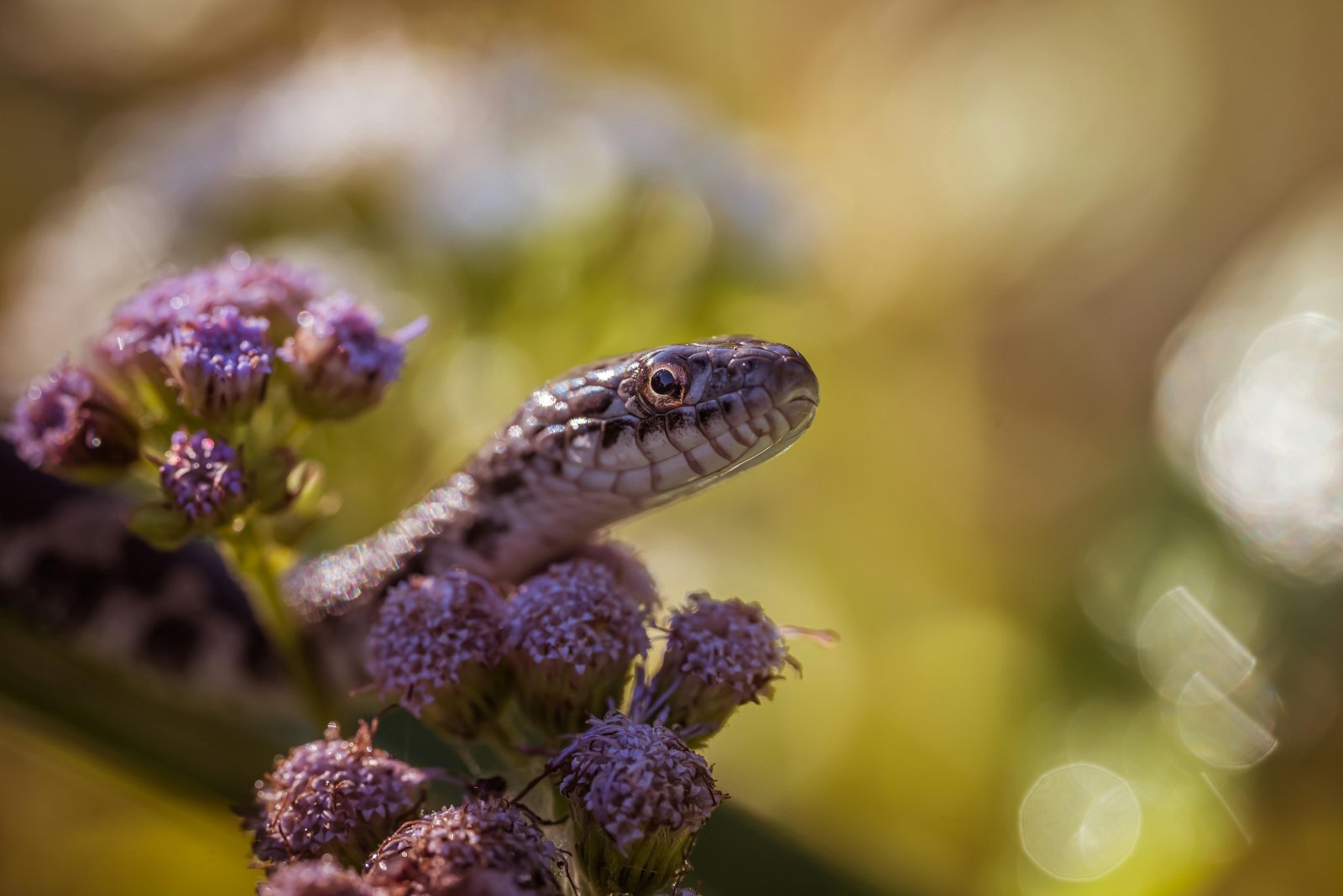
The UK’s only venomous snake, the adder, can pose a significant threat to curious cats. Adders are most active in the warmer months and can deliver a painful and potentially deadly bite if disturbed. Keep your cat away from long grass and undergrowth where adders may be hiding.
2. Badgers
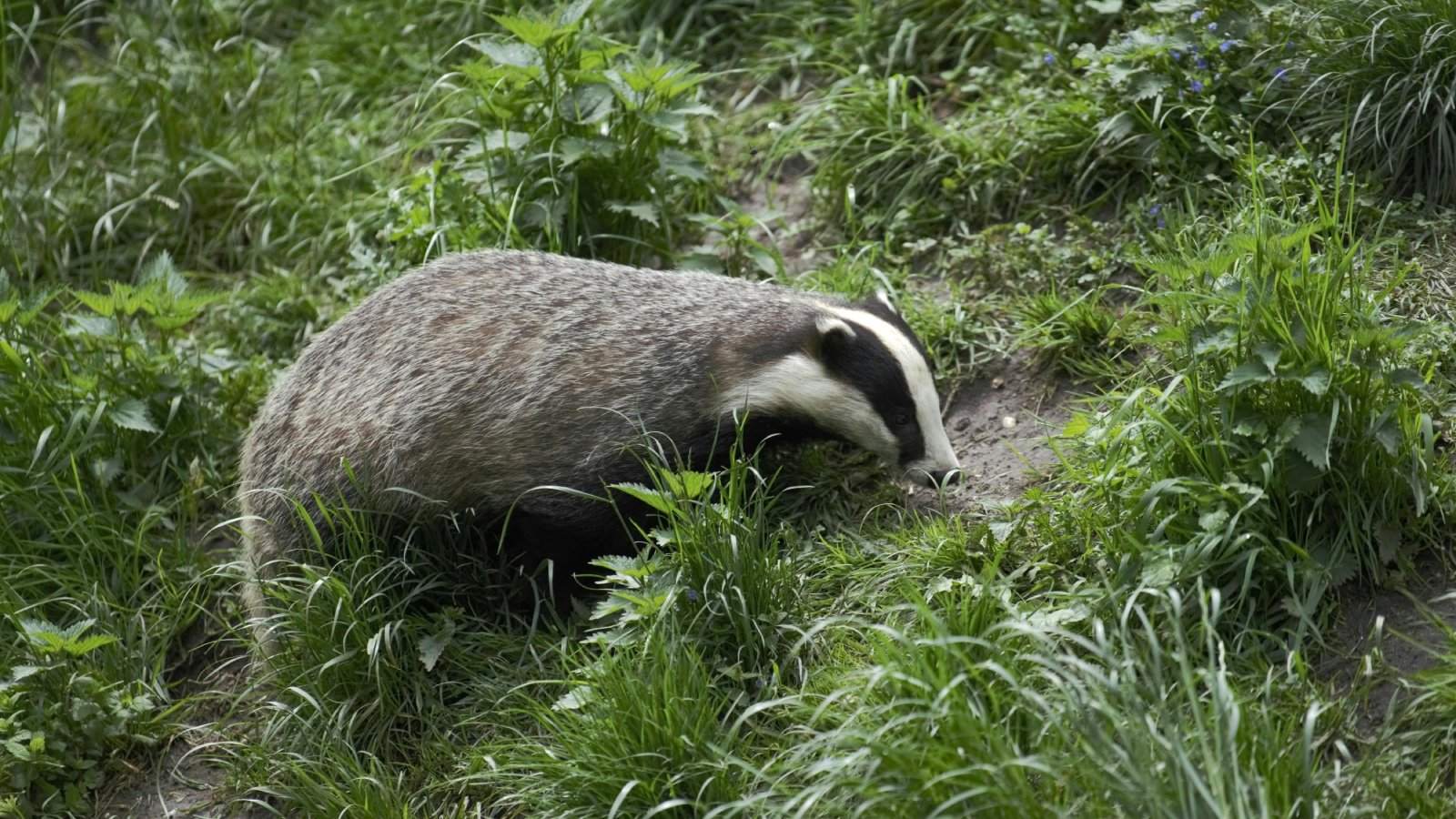
Although badgers typically avoid confrontations, they can be dangerous to cats if cornered or threatened. Badgers are known to defend their territory aggressively. Ensure your garden is secure and avoid leaving food outside that might attract them.
3. Foxes
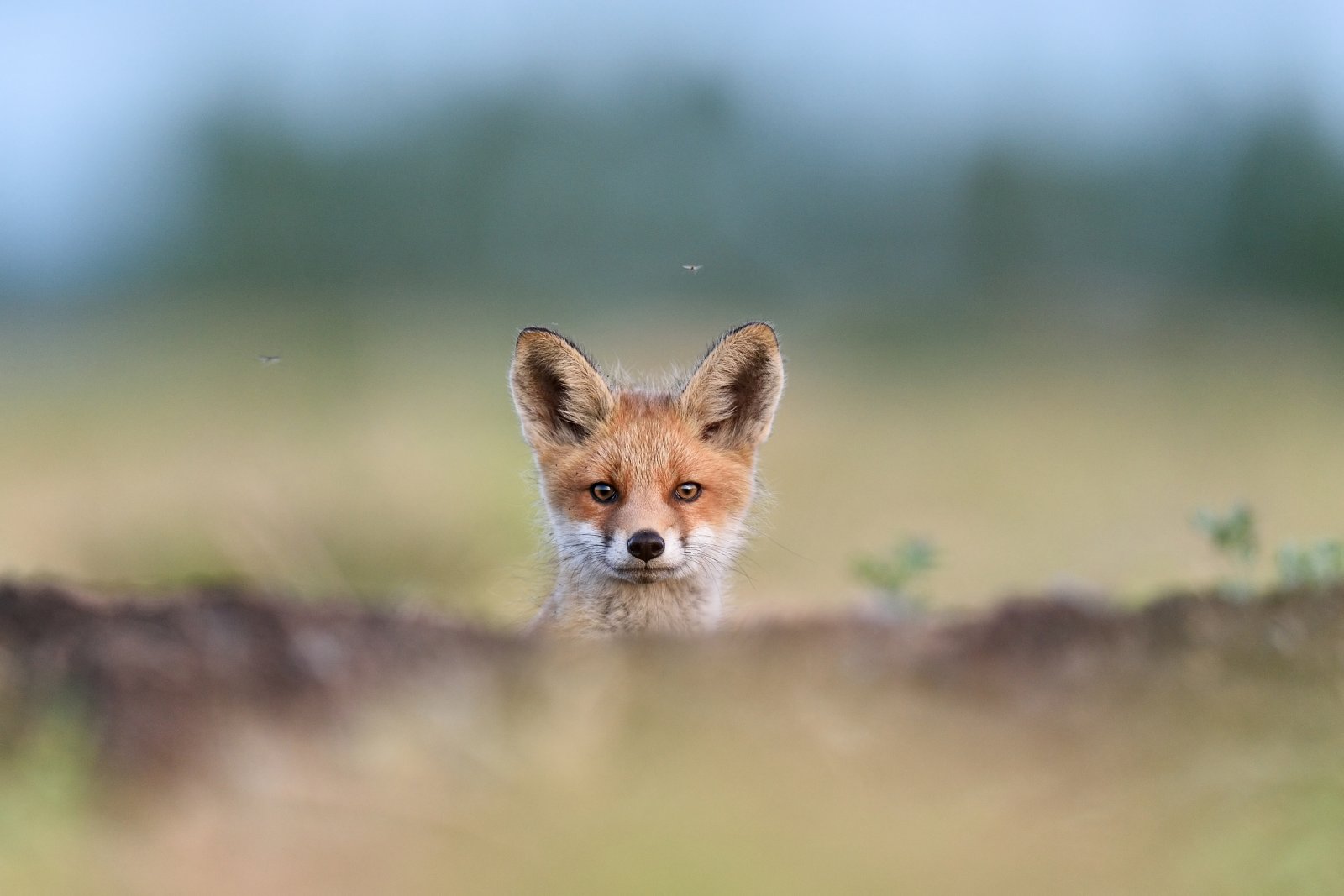
Foxes, common in both urban and rural areas, can pose a threat to cats, particularly at night. Although not typically aggressive, a hungry or provoked fox may attack a smaller cat. Keep your cat indoors during the night to avoid such encounters.
4. Seagulls

Surprisingly, seagulls can be aggressive, especially during the breeding season when they are protecting their young. There have been instances where seagulls have attacked small pets. Supervise your cat when they are outside to prevent these unexpected attacks.
5. Birds of Prey

Large birds of prey, such as hawks and owls, can be dangerous for kittens or smaller cats. These predators are known to swoop down on unsuspecting pets. If you live in an area with known sightings, supervise your cat during outdoor play.
6. Dogs
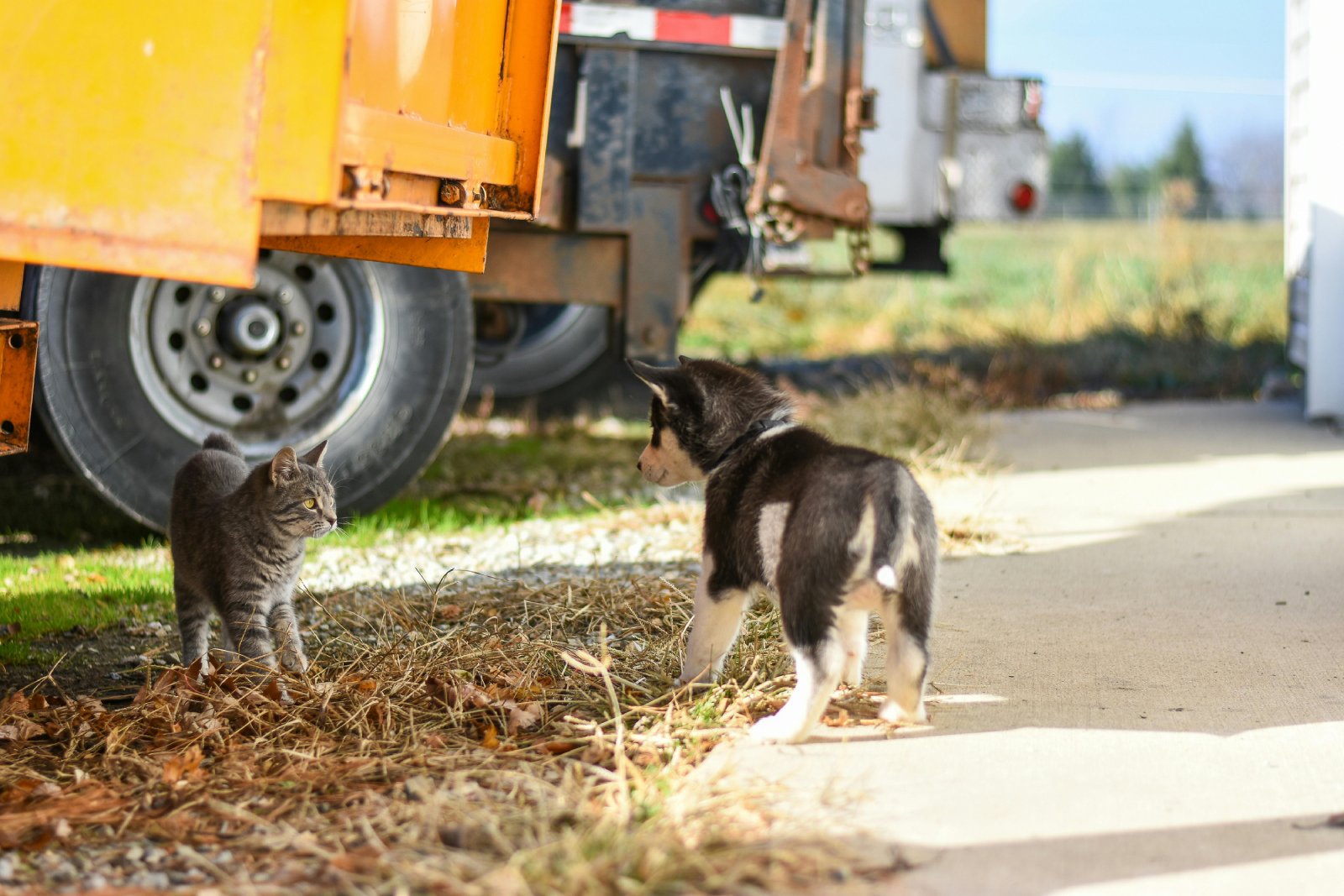
Unfamiliar dogs can pose a serious threat to cats, especially in public spaces or gardens. While many dogs are cat-friendly, some may chase or attack them. Be cautious of letting your cat roam freely in areas where dogs are frequently walked.
7. Other Cats
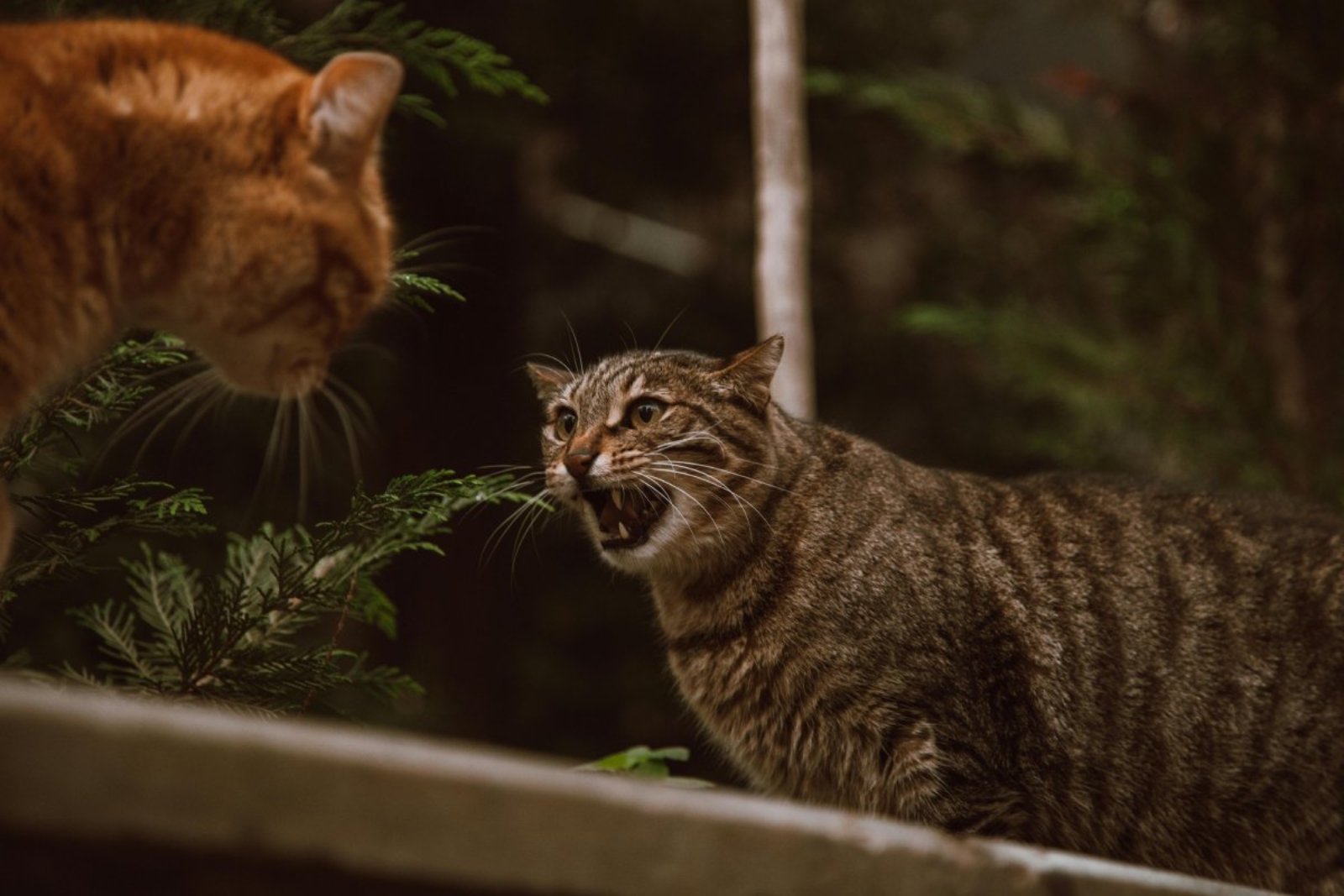
Territorial disputes between cats can lead to injuries and infections. Stray or feral cats may also carry diseases. Monitor your cat’s interactions with other felines and seek veterinary care promptly if they sustain any injuries.
8. Humans
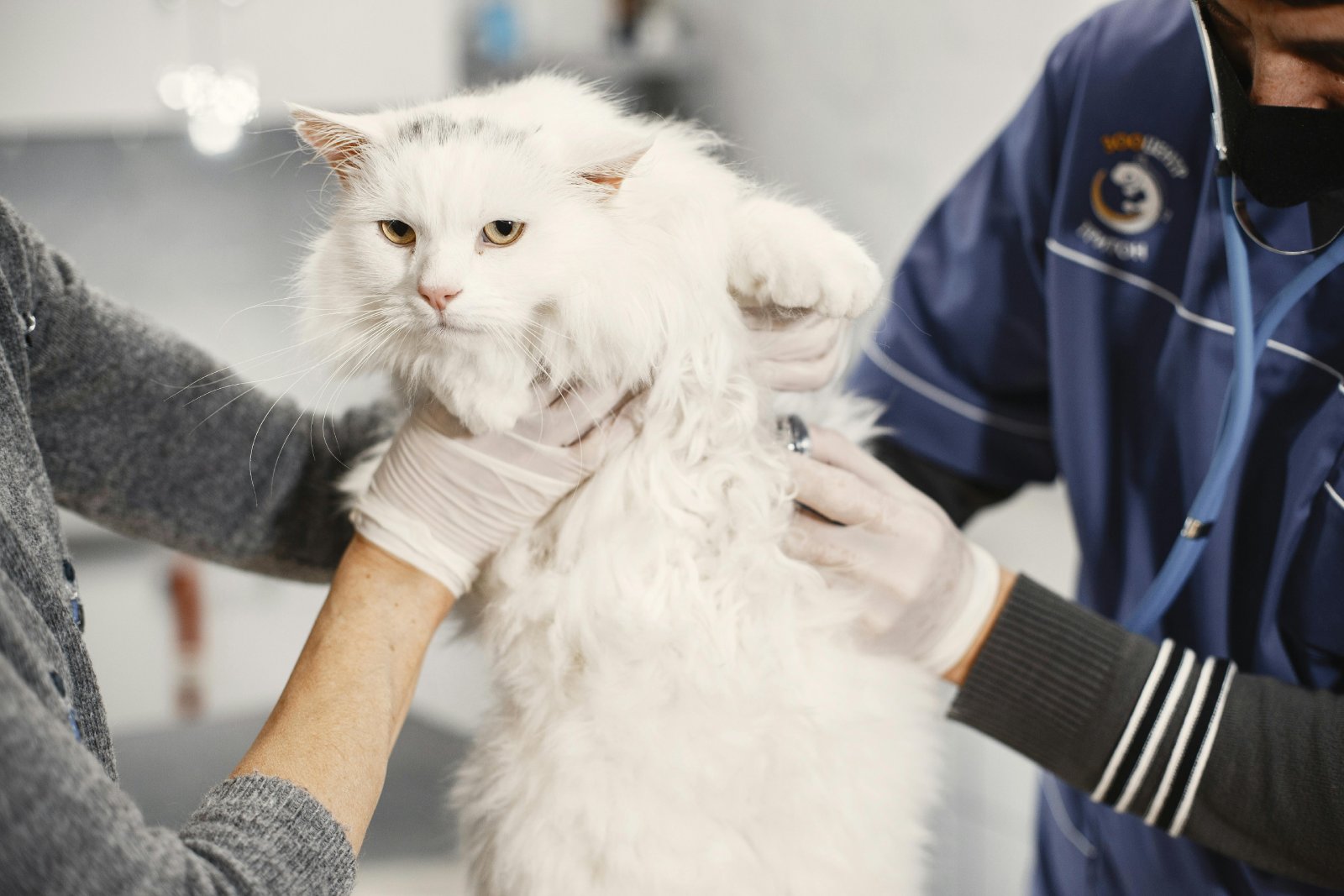
Sadly, not everyone has good intentions towards cats. There have been reports of deliberate harm or poisoning in some areas. Microchipping your cat and keeping them indoors, especially at night, can help mitigate these risks.
Bonus: Bees and Wasps
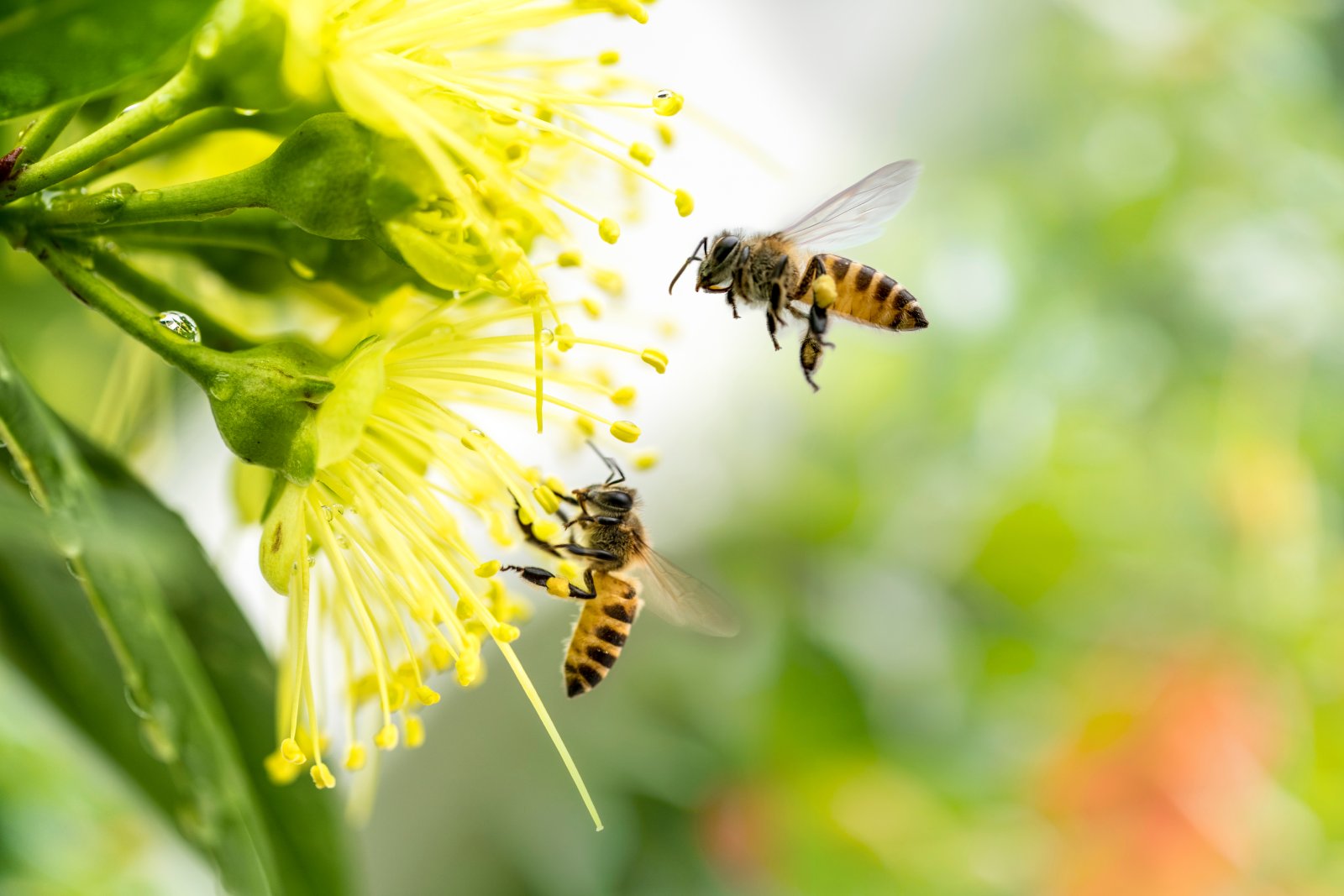
Inquisitive cats may get stung by bees or wasps, leading to painful swelling or allergic reactions. Keep an eye on your cat when they’re exploring gardens or areas with flowers and be prepared to seek veterinary care if they are stung.
Keep Your Cat Safe
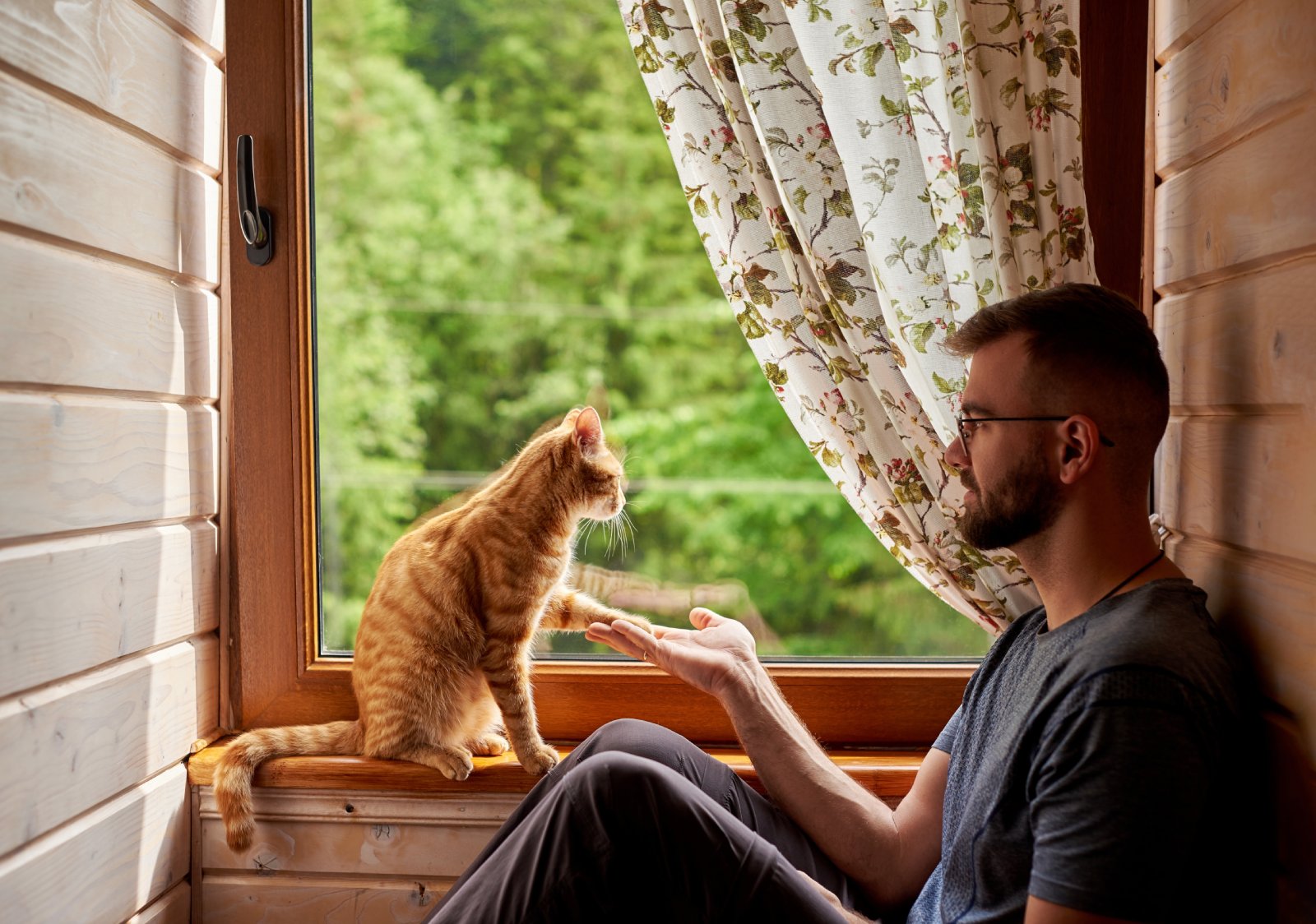
Your cat’s safety is paramount, and being aware of these potential threats is the first step in ensuring their well-being. By taking proactive measures, you can protect your furry friend from the many dangers that exist, allowing them to enjoy a happy, healthy life.
Featured Image Credit: Shutterstock / Moshe EINHORN.
For transparency, this content was partly developed with AI assistance and carefully curated by an experienced editor to be informative and ensure accuracy.

